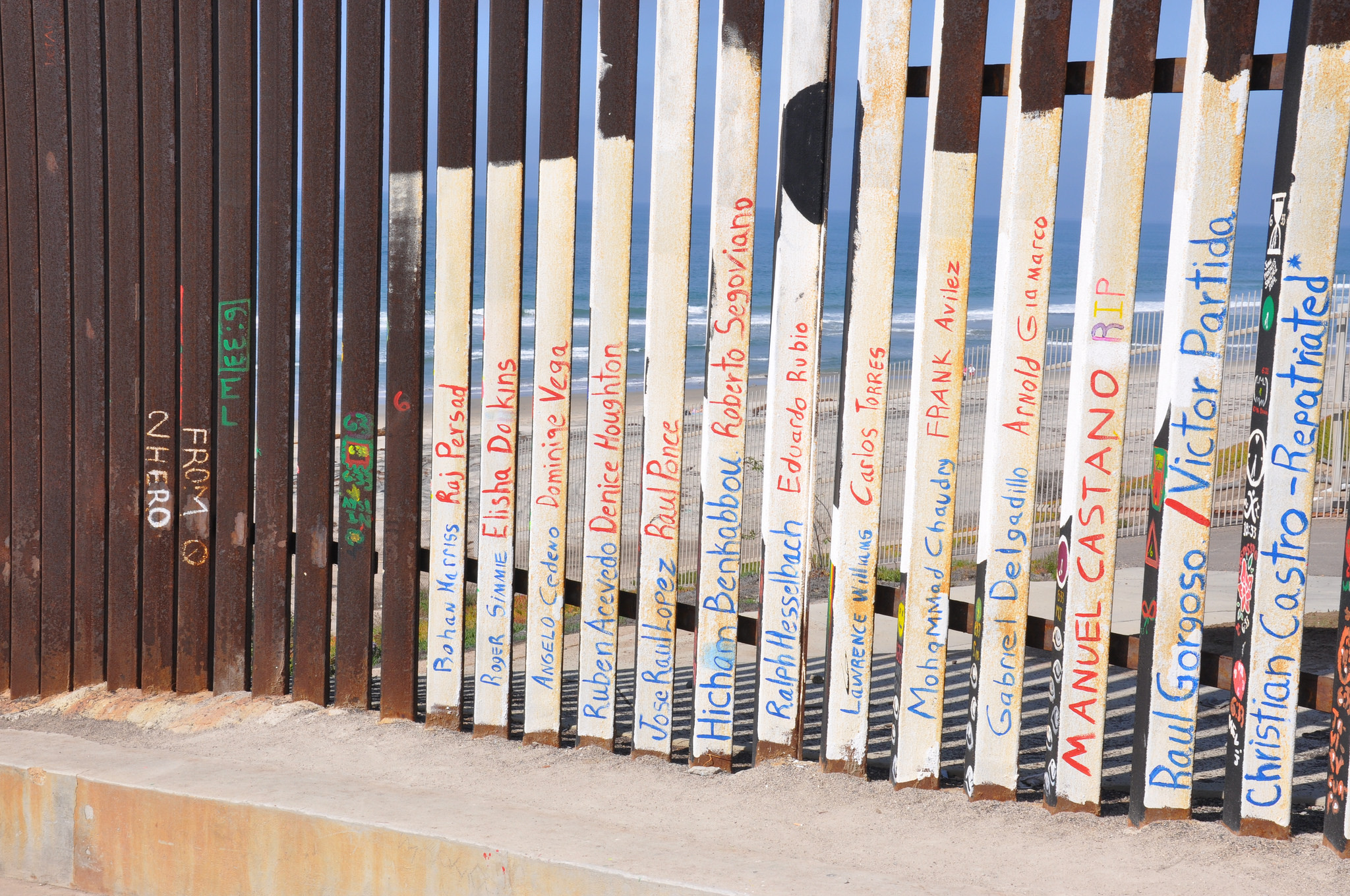Shelter for LGBT migrants in Tijuana robbed and set on fire

On April 6, after 536 days in immigration detention, a transgender woman named Marianna was granted asylum in the United States. Marianna, who was represented by the Transgender Law Center, a legal advocacy group, successfully demonstrated to the immigration judge that she had a well-founded fear of persecution if forced to return to Mexico.
Marianna’s journey to gain legal status in the U.S. has finished, but for other transgender women, that long fight has just begun. Last week, after walking for 35 days and 2,434 miles, about 230 migrants from Central America turned themselves in to U.S. border officers to claim asylum, including a dozen or so people who identified as transgender. In the past week, more than two dozen other trans women who were also part of the migrant caravan experienced violence in Tijuana as they waited to be received and processed by U.S. immigration authorities, according to online outlet Splinter.
Early Monday morning, six armed men robbed the Tijuana shelter where the transgender women were staying, according to TV station XEWT. On May 8, the shelter was set on fire, Telemundo reported. Advocates voiced their concern about the harassment of the trans women at the shelter and attributed this week’s violence to prejudice, according to news reports.
An estimated 1,500 individuals joined the refugee caravan when it first began in late March, in the Mexican town of Tapachula, Chiapas, near the Guatemala-Mexico border. The migrants crossed Mexico by whatever means possible, sometimes travelling by foot, and sometimes by hopping on buses or freight trains. People slept in public parks, under bridges, and in churches and shelters along the route.
In a report released in November, Amnesty International found that gay men and trans women were fleeing “rocketing” levels of discrimination in El Salvador, Guatemala, and Honduras. “Most refugees and asylum seekers who spoke to Amnesty International said constant discrimination and the levels of violence they suffered in their countries—including physical attacks and financial extortion at the hands of criminal gangs and killings—made them feel they had no choice but to flee,” Amnesty writes.
The report also alleges that Mexican authorities have failed to protect migrants as they travel across the country, and that these vulnerable migrants continue to endure harm once they cross the U.S. border. Many trans women in immigration detention are placed in solitary confinement for “protection,” while others experience violence at the hands of guards or other detainees. In 2014, online media outlet Fusion found that out of every five victims of confirmed sexual assault in immigration detention one victim is transgender.
Advocates who work with queer and trans migrants called on American LGBT groups to do more to support those on the migrant caravan who are attempting to claim asylum. “The way the U.S. government is treating LGBTQ immigrants is exactly why were seeing the rise in anti-LGBTQ legislation across the country,” Isa Noyola of the Transgender Law Center told Splinter. “It’s the same reason. If we don’t stand up for our most vulnerable populations, then we’re not standing up for ourselves.”
More articles by Category: Gender-based violence, Immigration, LGBTQIA
More articles by Tag: LGBTQAI



























